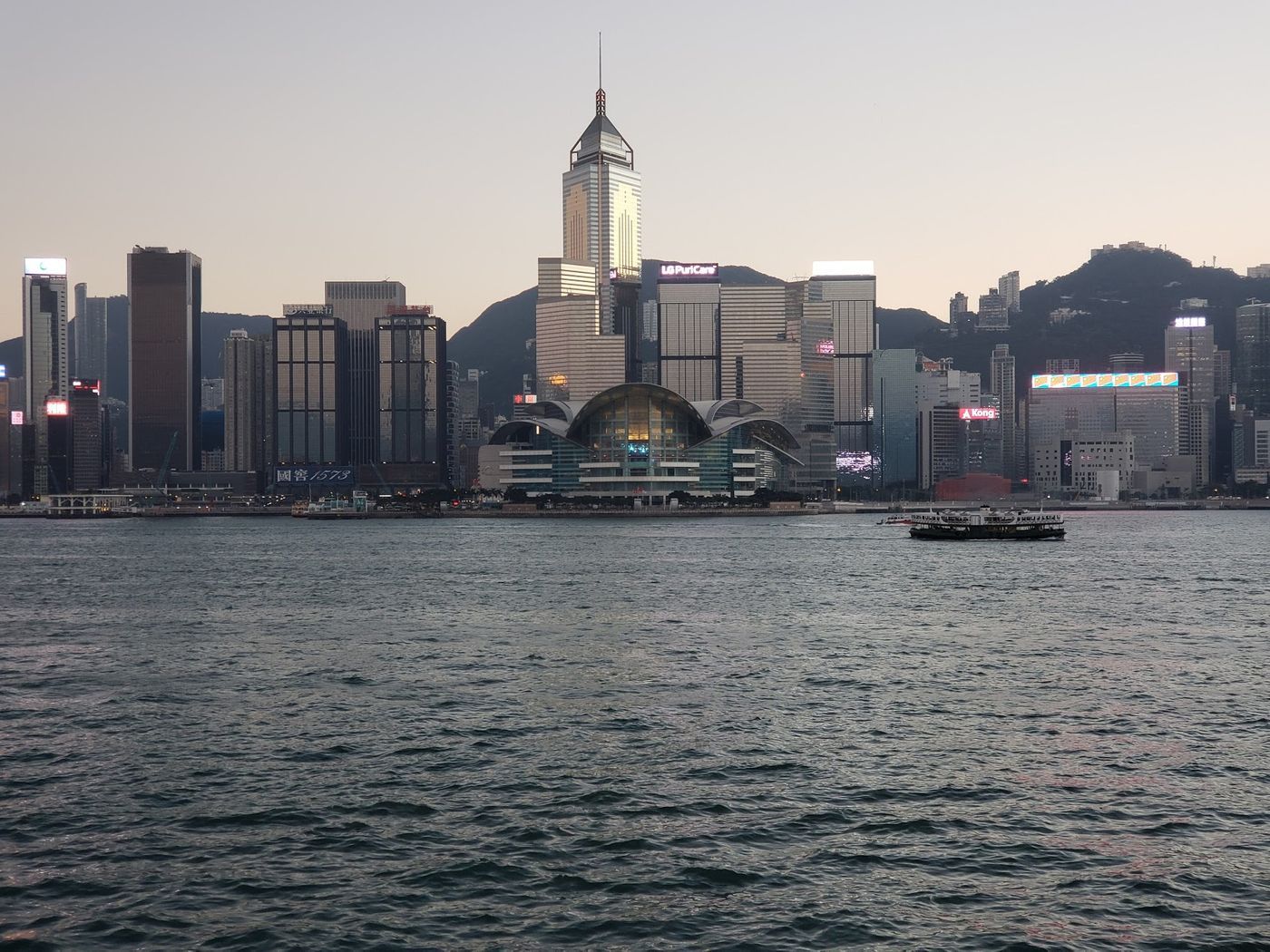
香港記者,關注藝術、文化、電影。 https://linktr.ee/cowcfj
The "second return" promoted by the National Security Law, the feelings of Hong Kong people are not important
Whether it is the intent of the legislation, the procedure or the half-concealed provisions so far, saying that the National Security Law heralds the end of "one country, two systems" is not a "scare" statement. The end of one country, two systems, in other words, is also the "second return" that many people have mentioned recently. The most absurd thing is that the "second return" is less concerned with the feelings of Hong Kong people than the first "return" 23 years ago. The so-called "Hong Kong people ruling Hong Kong" is indeed the biggest lie of human society in the 21st century.

A dozen or so hours before the official implementation of the National Security Law, very few Hong Kongers knew the specific provisions. Those who "have the right" to know the provisions do not even include Chief Executive Carrie Lam Cheng Yuet-ngor of the SAR. In 2015, Zhang Xiaoming, then director of the Liaison Office of the CPC Central Committee, put forward the "theory of the detachment of the chief executive", which is now even more ridiculous. In the eyes of the central government, this "detached" chief executive is not as good as Tan Yaozong, a member of the Standing Committee of the National People's Congress, or even a representative of the Hong Kong People's Congress who has a seat on the Standing Committee of the National People's Congress.
This time, there are 175 members of the Standing Committee of China's 13th National People's Congress, which voted on the draft national security law for Hong Kong. Only Tan Yaozong is a Hong Konger, and this person cannot widely represent Hong Kong people. When he served in the Hong Kong Legislative Council, he was It is widely known for being thick-skinned and betraying the interests of Hong Kong people. What many people remember most about this ugly-looking man was in a TVB interview in 2011. At that time, the reporter questioned Tan Yiu-chung about the DAB's supplementary mechanism for the Legislative Council: "You support the original plan proposed by the government; you support the revised plan; you support it if it is not consulted; you support it when it comes to consultation; the feeling is, your position Where is it?" Tan Yaozong was speechless and could only smile awkwardly. Such a person actually "represents" Hong Kong people, sitting in the Great Hall of the People in Beijing and casting his vote for the National Security Law, which is crucial to the interests of Hong Kong people.
And the People's Congress Legal Working Committee, who is actually responsible for the drafting of the bill, does not have a single Hong Konger. For foreign pressure, it is said that foreign forces have no right to interfere in China's internal affairs; however, Hong Kong people who are "our own people" do not think it is important. The royalists, who themselves do not know the provisions, are constantly trying to "pacify" the hearts of the people: as long as you obediently be obedient, you will still be able to live your life well in the future.
At this time, recalling the drafting committee of the Basic Law of Hong Kong in 1985, there were 59 members in total, of which 23 were from Hong Kong, accounting for more than one third. This "one-third" of the number, if placed in the Legislative Council, is vetoed, and Wang Hanbin, deputy director of the committee, once interpreted it as "reflecting the central government's full respect for the opinions of Hong Kong compatriots." Although the 23 members of the committee are from all walks of life in Hong Kong, the representativeness is of course far from enough. After the June 4th Incident, four Hong Kongers, including Li Zhuming, Situ Hua, Cha Liangyong, and Kwong Guangjie, withdrew, and the proportion of Hong Kong residents dropped to less than one-third.
In addition to the Basic Law Drafting Committee, the Basic Law Advisory Committee was established in Hong Kong in the same year, with 180 members appointed, and two public consultations were held in 1988 and 1989. At that time, in order to stabilize the hearts of Hong Kong, the CCP did a lot of preparations for the "return". However, when the "chief designer" (Deng Xiaoping) was replaced by the "chief accelerator" (Xi Jinping), there was a so-called "second return", but he didn't even act. A "return" that does not respect the feelings and opinions of the Hong Kong people, even if it comes a hundred times, will not bring about a real "return of hearts and minds".
Before the first "return", Hong Kong people who "have no country" lived and worked in peace and contentment here; after having a "country", where is their "home"?
Like my work?
Don't forget to support or like, so I know you are with me..
Comment…